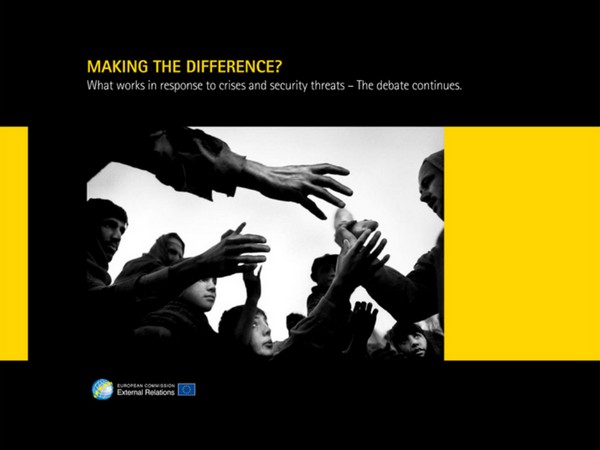The search for peace: Somali-led peace processes from 1991 to 2007

An alternative history of the Somali Region (in the latest volume of the new EU Crisis Response)
While the Somali region is commonly sensationalized as the ultimate ‘failed state’ and, more recently, the lawless haven of pirates, recent analysis of the peace dynamics within and between Somali communities’ reveals a different history.
Interpeace/Dr Pat Johnson, "The search for peace: Lessons from Somali-led peace processes 1991-2007" in “Making the difference? What works in response to crises and security threats – the debate continues”, European Commission Directorate-General for External Relations, Editor: Andrea Ricci, 2009, pp. 257-262.
Over 90 local peace meetings have taken place since the collapse of the state in 1991 in South-Central Somalia alone, many of which have provided the basis for local stability, peace, and development. In Somaliland and Puntland, extended local and regional reconciliation processes enabled the establishment of relatively peaceful and stable politics.
These locally owned initiatives among Somali communities demonstrate both a demand for security and law and order. They also show a capacity among Somali communities, in the absence of a state, to control and manage violent conflict through negotiated consensus-based approaches. These are reflected in commitments to joint responsibility and management of ceasefires and security. In these respects, Somali-led peace processes manifest a degree of sophistication, coherent attention, and pragmatism that has not yet been evident in internationally sponsored efforts in the Somali context.
Click here (PDF) for the full article by Dr Pat Johnson, Senior Programme Officer with the Interpeace Programme in the Somali Region. It is based on the Peace Mapping study of the Somali Region: conceived and developed by Mark Bradbury and Interpeace, with participatory action research undertaken by Interpeace’s partner institutions, supported by Abdirahman Raghe of Interpeace, with additional inputs from Professor Ken Menkhaus and other experts.
Read the 5 volumes of the Peace Mapping Study developed in the Somali Region here.
